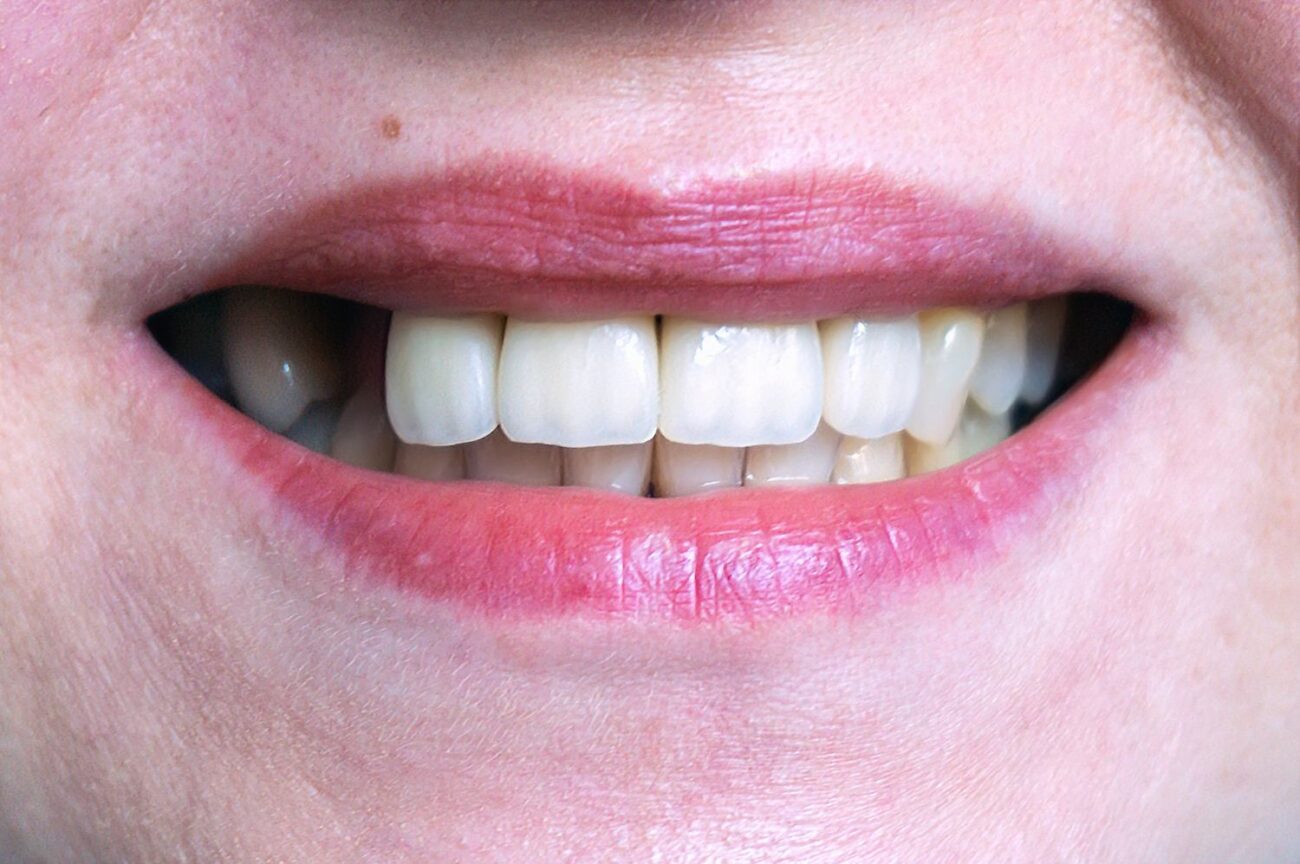Missing teeth may leave you struggling with eating and speaking, feeling self-conscious about gaps in your smile, and in danger of other oral health problems. You can work with your dentist to replace lost teeth and restore your dental structure. But ideally, you should preserve your natural smile for as long as you can.
To protect your teeth, you will need to take proper care of your smile. You can better address potential threats to your oral health when you know what can cause tooth loss. Read on to learn about three common reasons why you may lose a tooth so that you can better avoid this dental complication.

Periodontitis
Gum disease is a common infection that affects the gum tissue. While about half of adult dental patients can suffer from this disease, many people do not realize that it can wreak havoc on your dental health.
The early stage of gum disease, gingivitis, usually presents with swelling, soreness, and bleeding in the gum tissue. This happens because bacteria irritate the gums. If left untreated, gum disease will spread deeper into the teeth, gums, and jawbone.
Then you might notice more severe symptoms in this late phase of gum disease known as periodontitis. Gums will start to recede, the teeth can feel loose in their sockets, and they may then fall out.
Gum disease happens when oral bacteria reach the gum tissue. So you can keep bacteria at bay and prevent the infection with good oral hygiene habits. Make sure you brush your teeth twice a day and floss each day to get rid of excess bacteria and prevent bacterial spread.
Severe Tooth Damage
You might also experience tooth loss due to severe damage to a tooth. In many cases, this structural damage can come in the form of tooth decay. Decay develops when oral bacteria find weak spots in your tooth and begin to eat away at the structure.
When decay creates a hole in the tooth’s surface, dentists refer to this as a cavity. A dentist can treat a cavity by removing the decay and using a dental filling to restore the tooth’s structure. But you must seek this treatment promptly because decay will spread and worsen without dental intervention.
Advanced tooth decay can penetrate deep into the tooth. The tooth could fall out, but if enough damage develops, the dentist may need to pull the tooth to stop the spread of decay. A filling will not be enough to restore the tooth.
Talk to your dentist right away if you think you have a cavity. Prevent tooth decay in the first place by keeping your teeth strong with good oral habits.
Impact Trauma to the Mouth
Even with diligent dental care, you might suffer an accident, such as a blow to the face, that could hurt your smile. Facial impact trauma can generate enough pressure to make a tooth dislodge from its socket. But if this happens, you should visit your dentist right away for an emergency appointment.
In some cases, with urgent treatment and enough preserved tooth, the dentist can replace the tooth back in your smile. Make sure you contact your dentist within an hour of this accident for optimal results in saving the knocked-out tooth.
